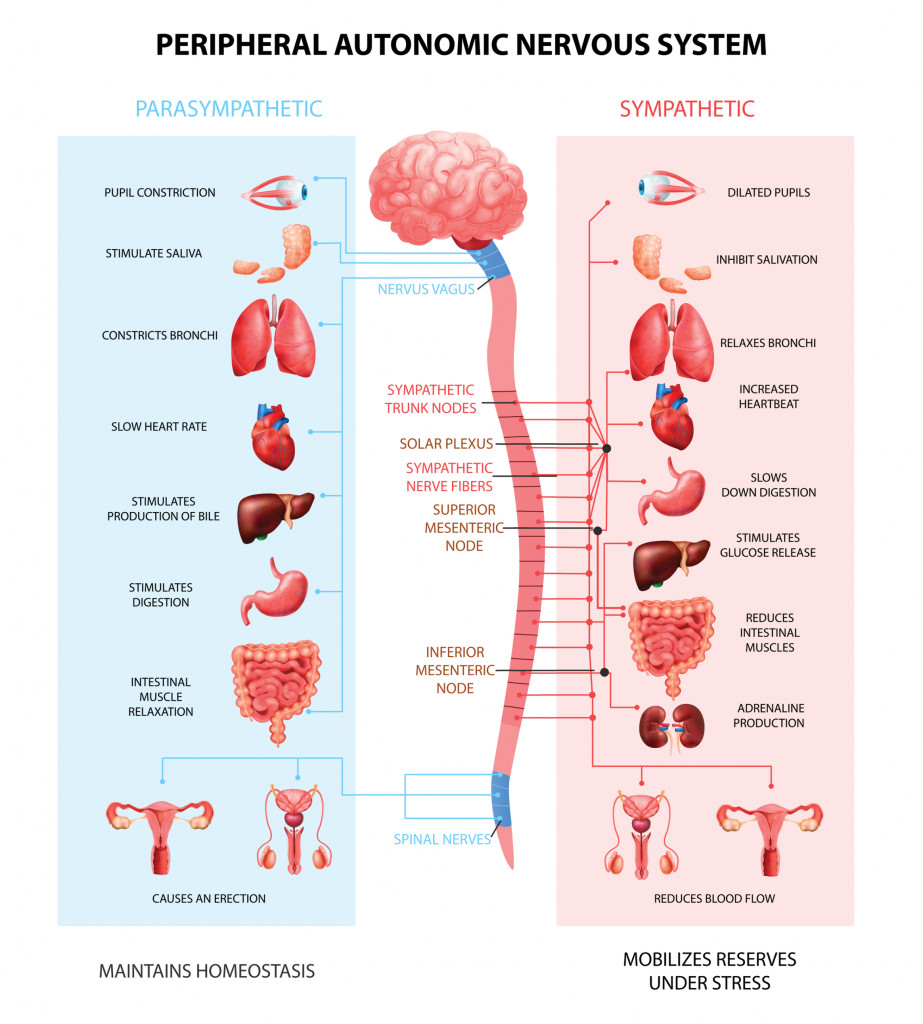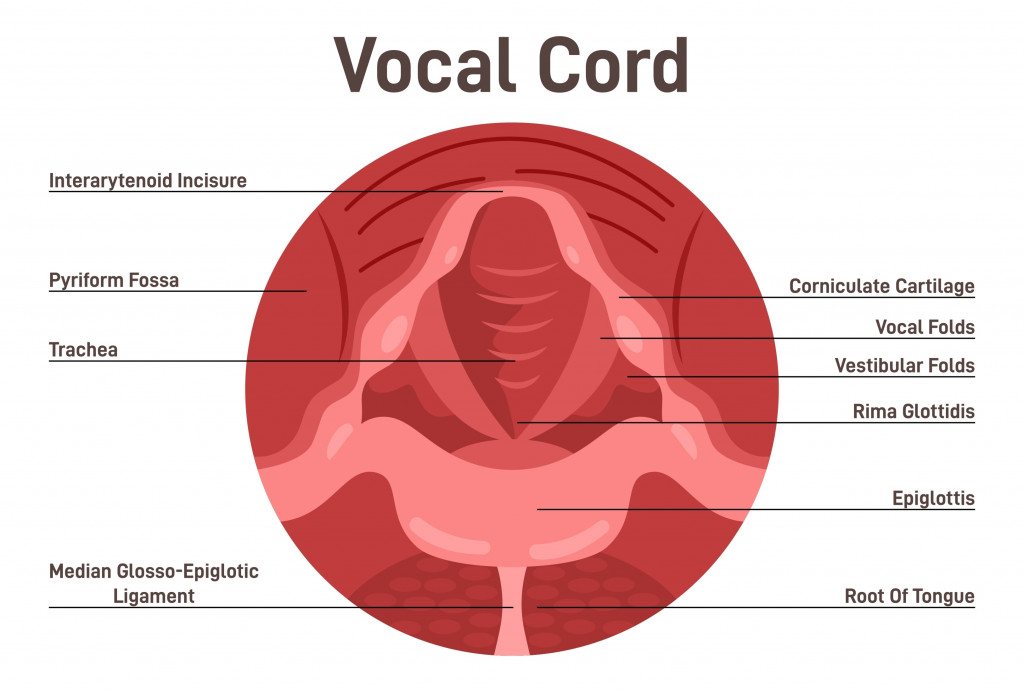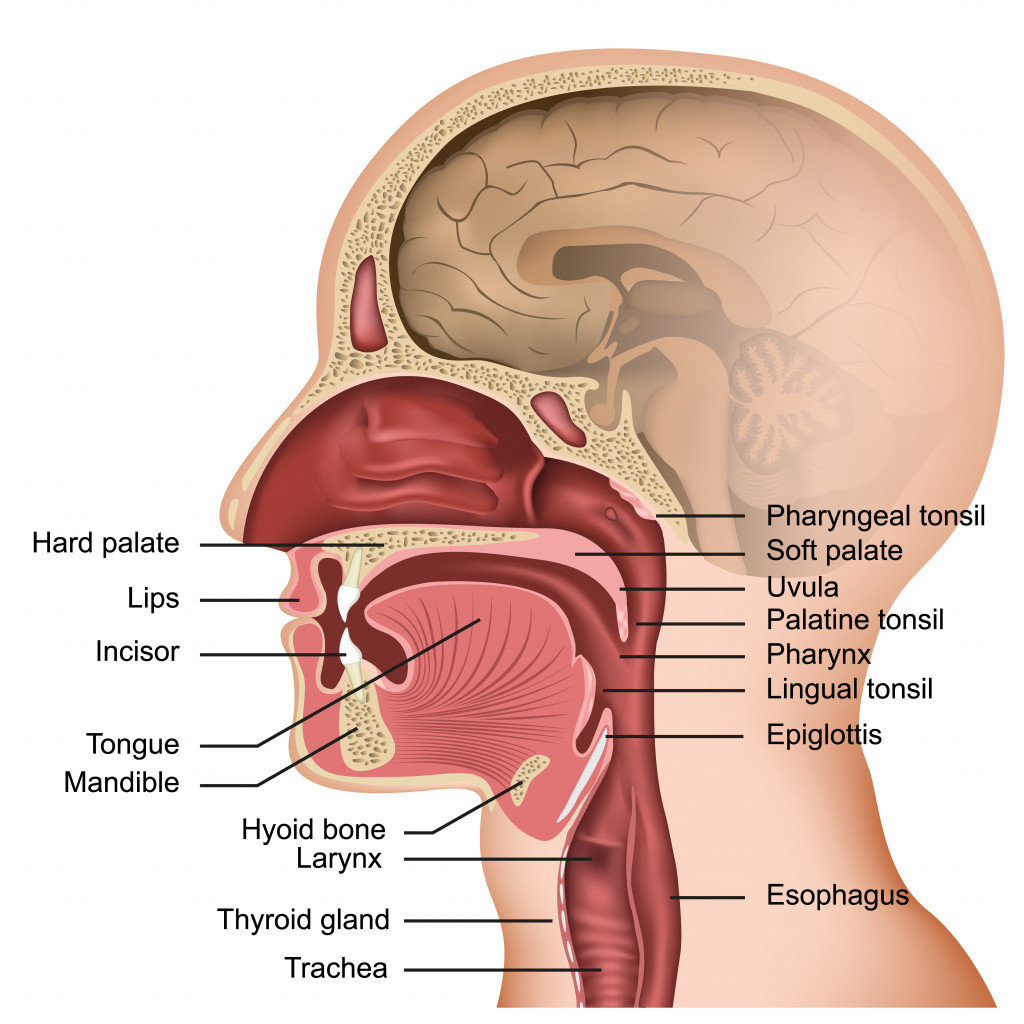Table of Contents (click to expand)
Voice and sound are produced by the larynx when the muscles of the voice box vibrate. This is done by pushing air through the slit between the muscle. Different sounds are produced by controlling the size and width of this slit. Since the muscles are highly contracted while crying (due to the activation of our fight-or-flight response), your voice ends up sounding odd and inconsistent.
Talking while crying is difficult. You have likely felt a lump form in your throat that muddles your coherent words, you’re taking sharp breaths, and your voice sounds squeaky and high-pitched. The closed-up throat seems to be even worse when you’re trying to avoid crying.
As if the waterworks were not humiliating enough… losing your voice seems like the perfect cherry on this mortifying cake.

What Happens To Your Body When You Cry?
Crying is the result of emotional distress in humans. In fact, humans are the only animals that show emotion by shedding tears. Scientists believe that non-verbal form of communication developed as humans became social beings.
When a person experiences intense emotional distress, the sympathetic nervous system kicks in. The sympathetic nervous system excites the “fight or flight” response in humans. The human body cannot distinguish between physical danger and stress, which is why it treats a dog chasing you and a heated argument in very similar ways.
The fight-or-flight response changes your body to be able to handle the “danger”, in this case, an emotional threat. The muscles tighten and become ready to work at a moment’s notice. Blood circulation to the muscles improves and our heart rate goes up. To supply the body with more oxygen, the muscles in the trachea contract so that the wind pipe can increase in diameter.

The sympathetic nervous system, which instigates these changes, falls under the autonomic nervous system. The autonomic nerves are the nerves not under your control; they control your involuntary actions, such as your breathing pattern, blood circulation, and muscle excitation and relaxation.
The autonomic nervous system is further divided into two sub-divisions. The sympathetic nervous system stimulates the “fight or flight” response of the body. On the other hand, the parasympathetic nervous system is the counterpart to the sympathetic nervous system. It activates the “rest and digest” response in the body and relaxes us.
Also Read: Why Does Your Face Turn Pale When You’re Scared?
What Is The “Lump” In Your Throat?
The voice box is situated in the air pipe, so any changes in the trachea or the muscles around it affect the voice box too. The voice box gets constricted and the increased flow of air passing through it prevents it from working properly. This is also accompanied by a sensation of having a lump in one’s throat, which is known as the “globus sensation”.
However, since there is no physical threat, the body gets confused. The parasympathetic nervous system tries to kick in along with the sympathetic nervous system to try and relax the muscles. Also, when the person tries to swallow while crying, the widened glottis tries to close up. During normal swallowing, the epiglottis covers the glottis, which allows the saliva/food to enter the esophagus, or the food pipe.
While crying, swallowing exerts pressure on the widened glottis. Since it cannot relax, the glottis starts aching, so swallowing becomes even more difficult. This causes the feeling of having something stuck in your food pipe, leading to the sensation of a “lump” in your throat.

Also Read: Why Does Your Voice Change When You Have A Sore Throat?
Effect On The Vocal Cords While Crying
The autonomic nervous system has neurons connected to the smooth muscles of the body. This includes the glottis, epiglottis, and other muscles of the throat.

Voice and sound are produced by the larynx when the muscles of the voice box vibrate. This is done by pushing air through the slit between the muscle. Different sounds are produced by controlling the size and width of this slit.
Since the muscles are highly contracted while crying, your voice ends up sounding odd when you try to use it.
Additionally, while crying, a greater amount of air is exchanged with every breath. This means that the air flowing through the larynx is also greater in volume. Losing control over the air flow makes it even more difficult to speak. All of this directly leads to changes in a person’s voice, making them feel like they are unable to speak normally.
The feeling of a lump in your throat goes away when you’ve calmed down. As the globus sensation disappears, the voice also returns to normal.
Also Read: How Does Crying Affect Our Body?
Conclusion
Everyone has experienced the closing of their throat and a raspy/nasally voice while crying their eyes out. Is that not the most frustrating part of weeping? You have probably wondered why your voice had to betray you during such emotional times. Well, there is a valid scientific explanation for this phenomenon.
Crying due to any kind of emotional distress causes the body to think that you are in physical danger, so it activates your “fight or flight” response. This results in the widening of the airway to take in as much air—and oxygen—as possible. However, this comes with a major downside. The widened airway makes swallowing very difficult. If the glottis is widened, your food pipe is not easily accessible for swallowing. Forced swallowing makes the muscles in your throat even less relaxed, all of which affects the voice box.
Since the vocal cords are not relaxed, it becomes quite difficult to speak, which is why the voice changes while crying. When the emotional distress is alleviated and SNS is no longer stimulated, the muscles relax, so your voice goes back to normal.
How well do you understand the article above!

References (click to expand)
- What causes a lump in your throat? | Harley Street ENT Clinic. harleystreetent.com
- How Crying Could Actually Boost Your Mood - News Medical. news-medical.net
- Bylsma, L. M., Gračanin, A., & Vingerhoets, A. J. J. M. (2018, April 23). The neurobiology of human crying. Clinical Autonomic Research. Springer Science and Business Media LLC.
